SPARK
Recent articles
Gene-activity map of developing brain reveals new clues about autism’s sex bias
Boys and girls may be vulnerable to different genetic changes, which could help explain why the condition is more common in boys despite linked variants appearing more often in girls.
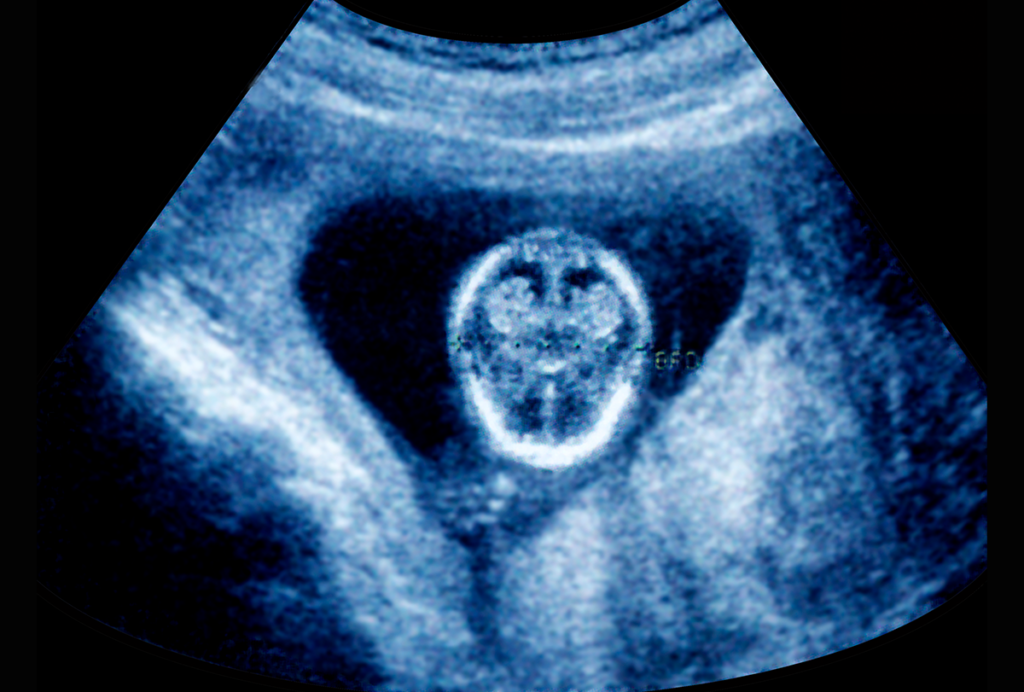
Gene-activity map of developing brain reveals new clues about autism’s sex bias
Boys and girls may be vulnerable to different genetic changes, which could help explain why the condition is more common in boys despite linked variants appearing more often in girls.
Meet the Autism Data Science Initiative grantees
The awarded projects plan to study gene-and-environment interactions in people, stem cells and organoids, as well as predictors of positive life outcomes in autistic youth and adults.

Meet the Autism Data Science Initiative grantees
The awarded projects plan to study gene-and-environment interactions in people, stem cells and organoids, as well as predictors of positive life outcomes in autistic youth and adults.
Four autism subtypes map onto distinct genes, traits
An analysis of more than 5,000 autistic children and their siblings underscores the idea that autism can be understood as multiple conditions with distinct trajectories.

Four autism subtypes map onto distinct genes, traits
An analysis of more than 5,000 autistic children and their siblings underscores the idea that autism can be understood as multiple conditions with distinct trajectories.
X marks the spot in search for autism variants
Genetic variants on the X chromosome, including those in the gene DDX53, contribute to autism’s gender imbalance, two new studies suggest.
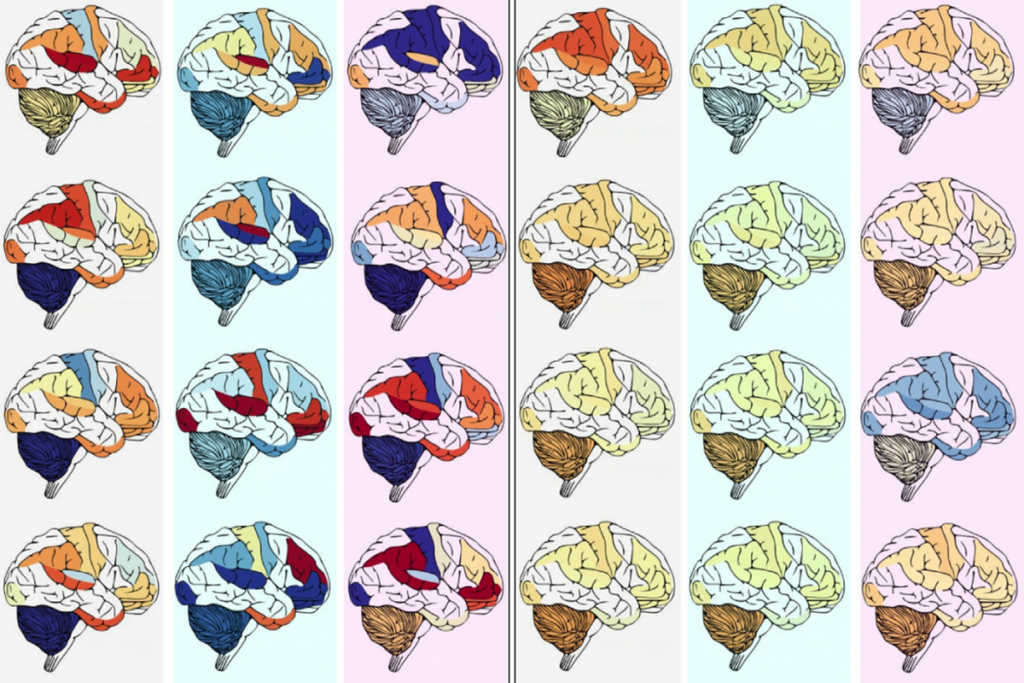
X marks the spot in search for autism variants
Genetic variants on the X chromosome, including those in the gene DDX53, contribute to autism’s gender imbalance, two new studies suggest.
Untangling biological threads from autism’s phenotypic patchwork reveals four core subtypes
People belonging to the same subtype share genetic variants, behaviors and often co-occurring diagnoses, according to a new preprint.
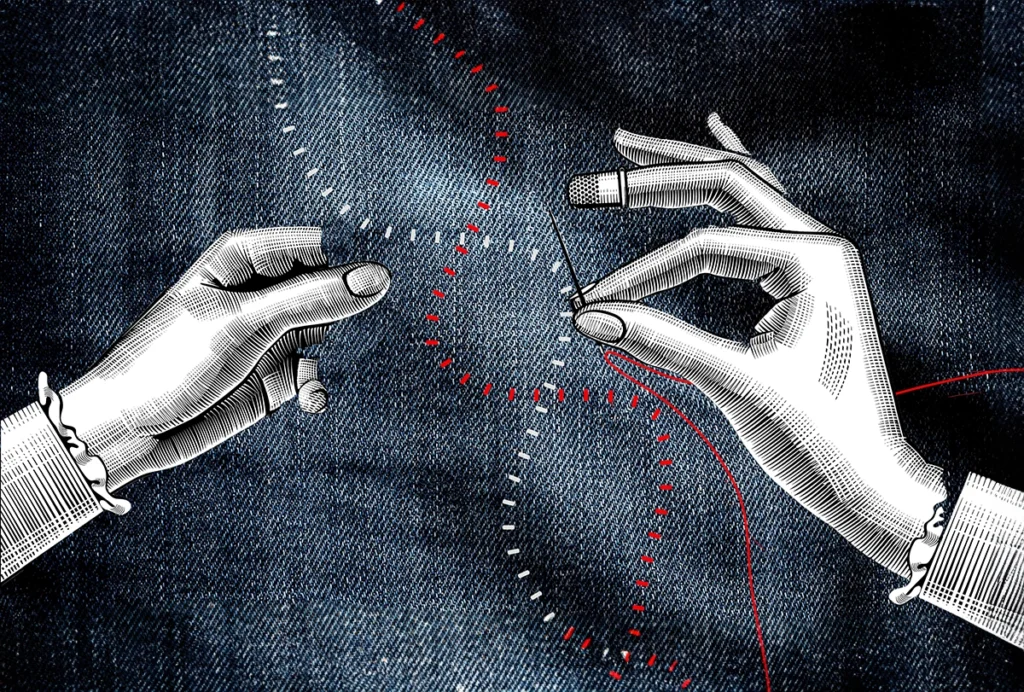
Untangling biological threads from autism’s phenotypic patchwork reveals four core subtypes
People belonging to the same subtype share genetic variants, behaviors and often co-occurring diagnoses, according to a new preprint.
Genome structure could be key factor in some forms of autism
Variants in DNA stretches that do not code for proteins may alter the genome’s 3D architecture, influencing the expression of distant genes linked to autism.
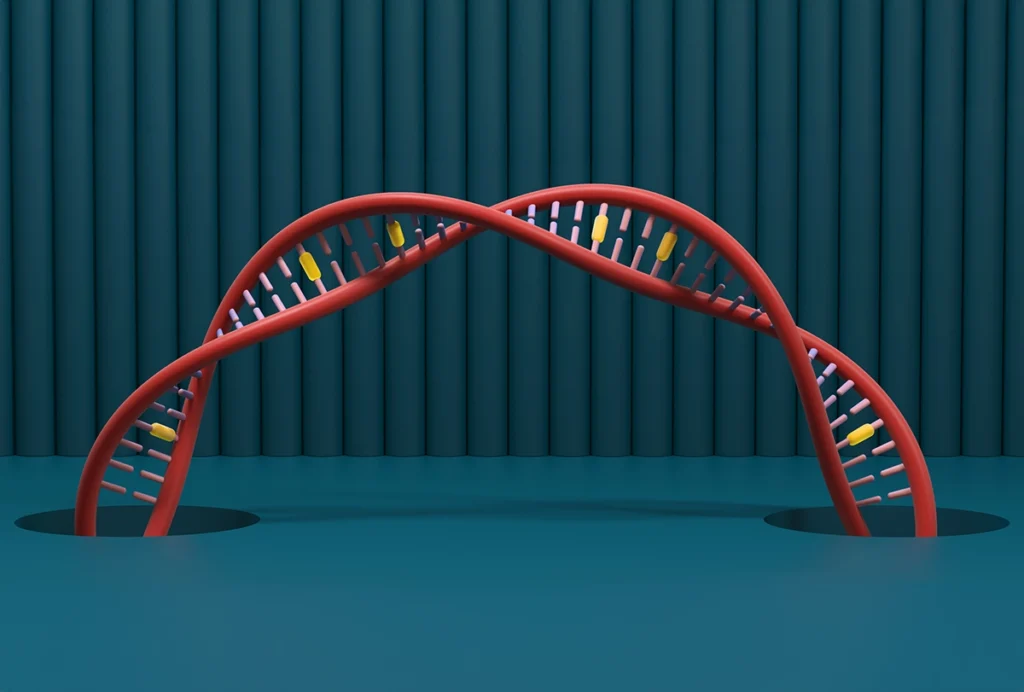
Genome structure could be key factor in some forms of autism
Variants in DNA stretches that do not code for proteins may alter the genome’s 3D architecture, influencing the expression of distant genes linked to autism.
Autism research hits the road
Some scientists are thinking creatively about how to collect data in flexible environments and meet communities where they’re at.
Autism research hits the road
Some scientists are thinking creatively about how to collect data in flexible environments and meet communities where they’re at.
Some who lack autism diagnosis carry variants tied to the condition
The variants are associated with slight differences in measures of intelligence, income and employment, but the relationship may not be causal.

Some who lack autism diagnosis carry variants tied to the condition
The variants are associated with slight differences in measures of intelligence, income and employment, but the relationship may not be causal.
Loss of autism-linked gene dampens social interactions in animals
Mice and zebrafish missing the GIGYF1 gene show social traits reminiscent of autism, though the molecular underpinnings are unclear.
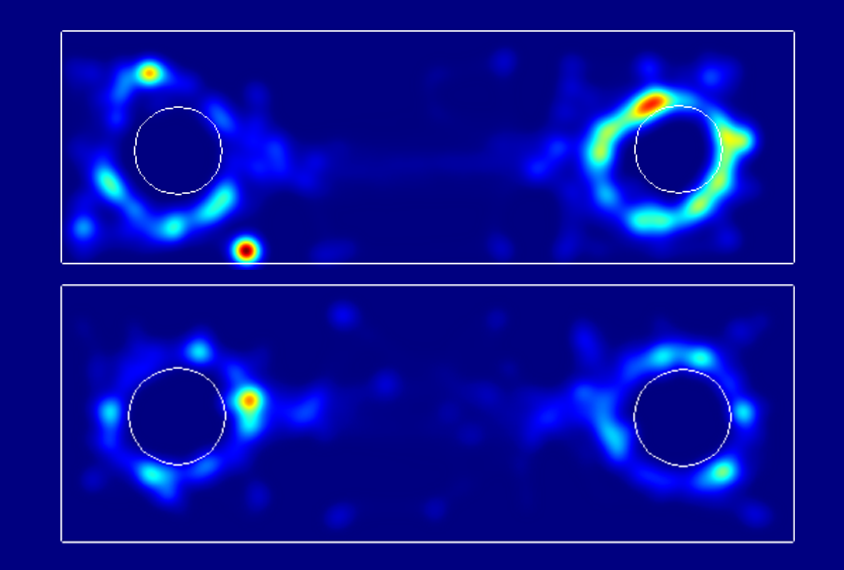
Loss of autism-linked gene dampens social interactions in animals
Mice and zebrafish missing the GIGYF1 gene show social traits reminiscent of autism, though the molecular underpinnings are unclear.
Simons Foundation clinical research head Wendy Chung to lead Boston Children’s pediatrics department
Chung, a clinical and molecular geneticist, plans to continue serving as principal investigator of two large research projects involving cohorts of people with autism and related neurodevelopmental conditions.

Simons Foundation clinical research head Wendy Chung to lead Boston Children’s pediatrics department
Chung, a clinical and molecular geneticist, plans to continue serving as principal investigator of two large research projects involving cohorts of people with autism and related neurodevelopmental conditions.
Explore more from The Transmitter
Astrocytes orchestrate oxytocin’s social effects in mice
The cells amplify oxytocin—and may be responsible for sex differences in social behavior, two preprints find.

Astrocytes orchestrate oxytocin’s social effects in mice
The cells amplify oxytocin—and may be responsible for sex differences in social behavior, two preprints find.
Neuro’s ark: Spying on the secret sensory world of ticks
Carola Städele, a self-proclaimed “tick magnet,” studies the arachnids’ sensory neurobiology—in other words, how these tiny parasites zero in on their next meal.

Neuro’s ark: Spying on the secret sensory world of ticks
Carola Städele, a self-proclaimed “tick magnet,” studies the arachnids’ sensory neurobiology—in other words, how these tiny parasites zero in on their next meal.
Autism in old age, and more
Here is a roundup of autism-related news and research spotted around the web for the week of 2 March.

Autism in old age, and more
Here is a roundup of autism-related news and research spotted around the web for the week of 2 March.